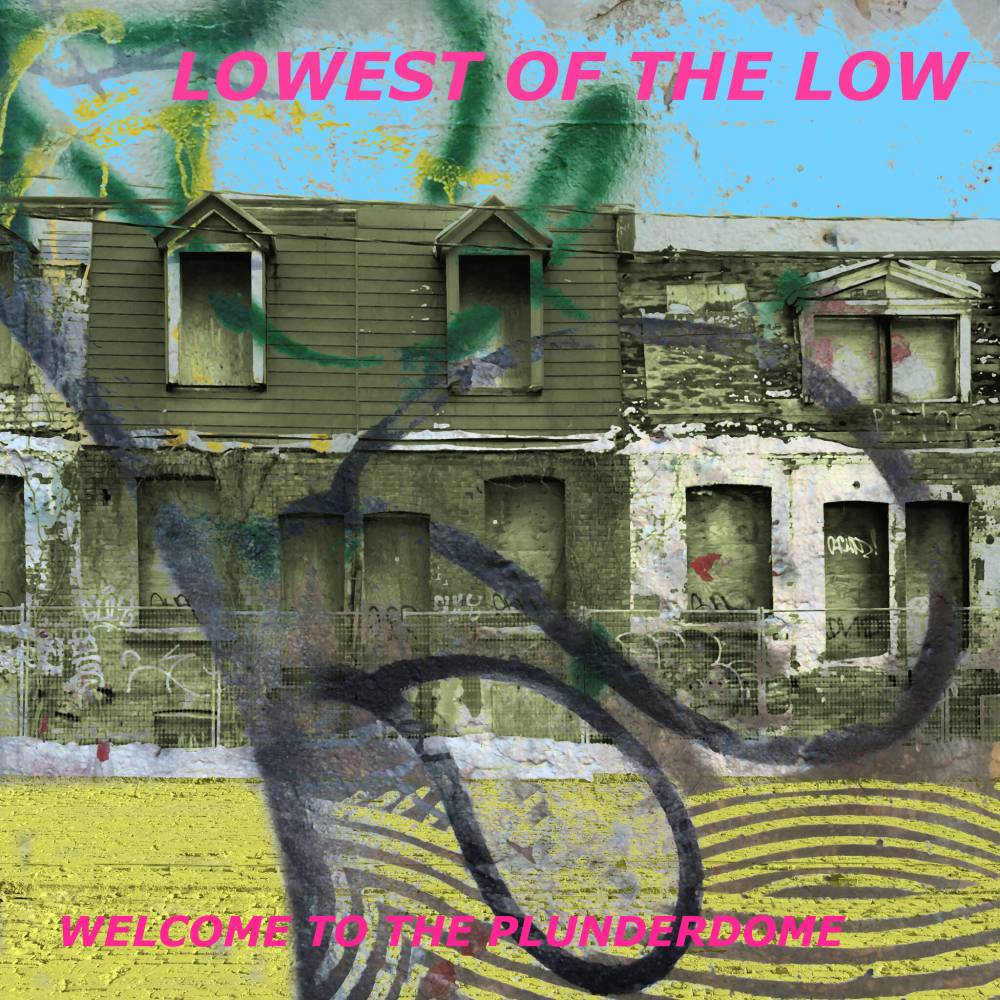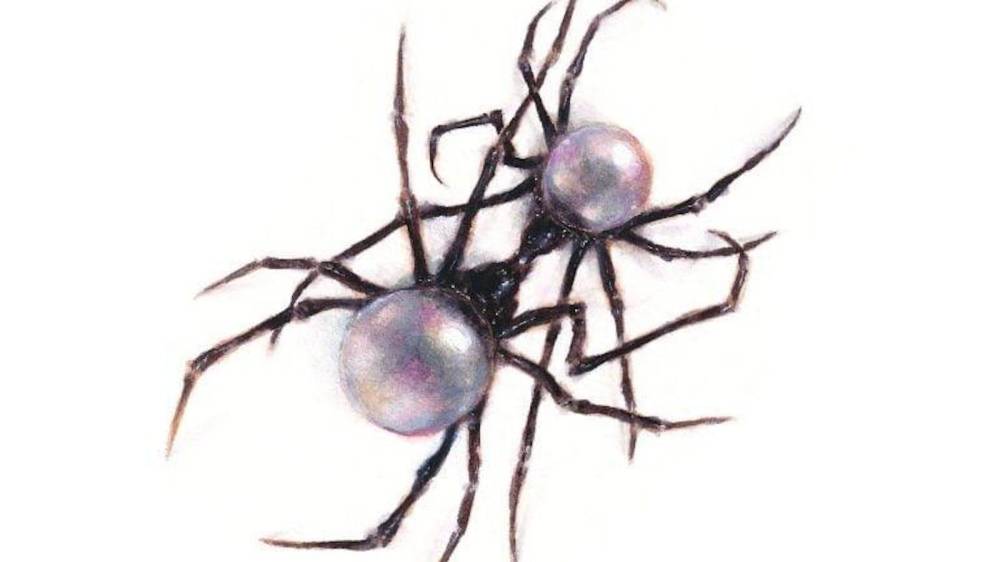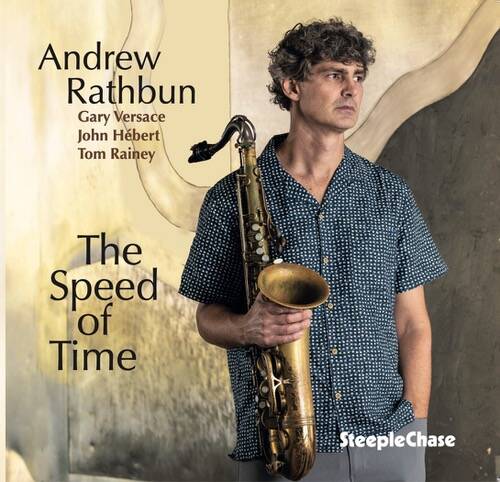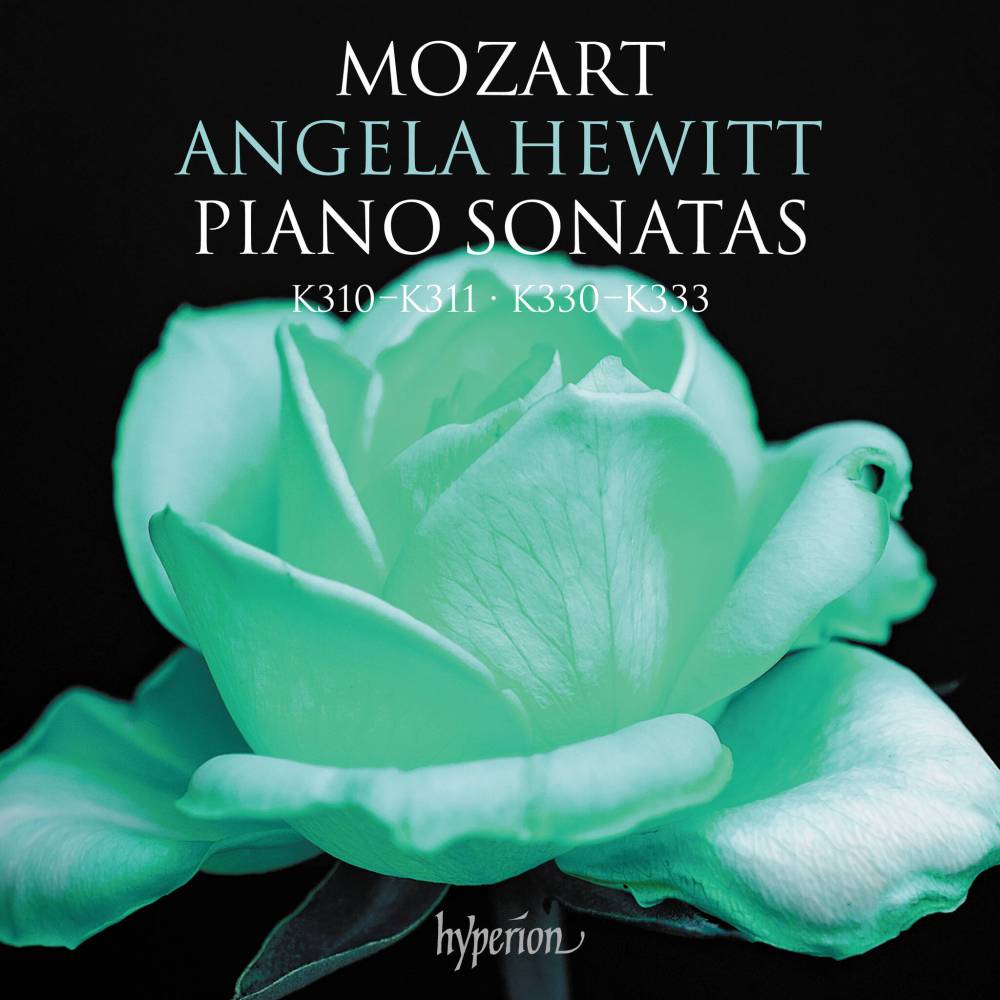Album reviews
Advertisement
Read this article for free:
or
Already have an account? Log in here »
To continue reading, please subscribe:
Monthly Digital Subscription
$1 per week for 24 weeks*
- Enjoy unlimited reading on winnipegfreepress.com
- Read the E-Edition, our digital replica newspaper
- Access News Break, our award-winning app
- Play interactive puzzles
*Billed as $4.00 plus GST every four weeks. After 24 weeks, price increases to the regular rate of $19.00 plus GST every four weeks. Offer available to new and qualified returning subscribers only. Cancel any time.
Monthly Digital Subscription
$4.75/week*
- Enjoy unlimited reading on winnipegfreepress.com
- Read the E-Edition, our digital replica newspaper
- Access News Break, our award-winning app
- Play interactive puzzles
*Billed as $19 plus GST every four weeks. Cancel any time.
To continue reading, please subscribe:
Add Free Press access to your Brandon Sun subscription for only an additional
$1 for the first 4 weeks*
*Your next subscription payment will increase by $1.00 and you will be charged $16.99 plus GST for four weeks. After four weeks, your payment will increase to $23.99 plus GST every four weeks.
Read unlimited articles for free today:
or
Already have an account? Log in here »
Hey there, time traveller!
This article was published 13/10/2023 (748 days ago), so information in it may no longer be current.
ROCK
Lowest of the Low
Welcome to the Plunderdome (Sonic Envy)

Ron Hawkins is irrepressibly restless. The 58-year-old Toronto singer/songwriter and visual artist is best-known for being frontman of Lowest of the Low, which made people pay attention in the early ’90s with its blend of rough-and-tumble, punk-and-folk-inflected rock before abruptly splitting in 1994.
Since then, Hawkins’ artistic output has been prolific — he’s become an accomplished painter, released five full-length solo albums, another two with the Rusty Nails, three with the Do Good Assassins and four more studio records with reconstituted versions of LOTL. Diligent sleuths will also find several solo EPs, a pair of LOTL live albums, a boxed set of that band’s Shakespeare My Butt album, even a book of lyrics. So, yeah, Ron definitely enjoys splattering his artistic output at the wall, just like the graffiti on this album’s cover.
Welcome to the Plunderdome is LOTL’s sixth studio album, a 12-track, self-produced effort. Only Hawkins and drummer Dave Alexander remain from the group’s classic lineup, but this version, which also features multi-instrumentalist Lawrence Nichols, bassist Greg Smith (the Weakerthans) and lead guitarist Michael McKenzie, has been together for the past six years, and it shows. The band is lean, tight and leaps wholeheartedly into the passion of Hawkins’ songs and lyrics, which should be played loud for aging punks and young anti-fascists everywhere.
On album opener Brave New World, Hawkins writes of wanting to “weaponize affection and march in a new direction,” and the group invokes the spirit of the Clash on a trio of ska and reggae tunes featuring a three-piece horn section called the Legitimizers — a reminder that it’s always possible to dance amidst the struggle.
And what is the struggle? Well, according to this album’s epic centrepiece, On a Bad Day, “all (we) see is wars and escalation” in a world “where folks have fewer rights than corporations.”
Hawkins and LOTL aren’t sugar-coating things, but they aren’t willing to give up, either. As they point out on Cheer Up Charli, “two steps forward and one step back is one-step closer in fact.” ★★★★ stars out five
Stream these: Hey Kid (You Got Soul!), On a Bad Day, Wrong Way Round.
— John Kendle
POP
Doja Cat

Scarlet (Kemosabe/RCA)
Fame has its demons, and it’s usually the source material for unimaginative pop music. Here, Doja Cat flips the trope on its head — for one, she’s abandoned the glossy pop of her last two albums, 2021’s Planet Her and 2019’s Hot Pink, and instead sharpened her flow. Throughout, it cuts — but her humour is never lost.
Fans as villains may very well be a theme here. F—— the Girls is first single, Attention’s, more unforgiving sister song, a burning cathartic release — it is the song equivalent of a therapist instructing their patient to write a letter with all the incendiary things they would like to say to someone who has wronged them. Except, of course, instead of getting rid of the note, she sends it to everyone, scorched earth-style.
Gone are the days of Say So — and even further away, the comedic virality of the tracks that made her, such as Mooo! Instead, there’s the shimmery Shutcho and its sample of the soft rock hit I’m Not In Love by the English group 10cc; the new jack swing sweetness of Agora Hills, filtered through Troop’s 1989 hit All I Do Is Think of You, and the R&B romance of Can’t Wait.
In mid-September, her album opener Paint the Town Red became the first rap song to hit No. 1 in over a year. That was the longest absence since 2001. (For the history-curious: there was an 18-month gap between Will Smith’s Wild Wild West and Shaggy’s It Wasn’t Me.) For the last few months, country music has occupied the top spots — if anyone had the power to dethrone its dominance, it’s Doja and her rule breaking spirit.
On this album, she goes beyond her Scarlet Letter — and wears the colour as a point of pride. ★★★1/2 stars out of five
Stream these: Attention, Shutcho
— Maria Sherman, The Associated Press
CLASSICAL
Angela Hewitt

Mozart: Piano Sonatas K310-311 & 330-333 (Hyperion)
Canada’s first lady of piano, the now U.K.-based Angela Hewitt, renowned worldwide for her pristine performances of J. S. Bach’s contrapuntal works, continues her latest multi-recording project, this time featuring Mozart’s piano sonatas. It follows her live Bach Odyssey and Beethoven piano sonatas series, with the chronologically performed selections allowing listeners an opportunity to witness each composer’s respective creative journey.
The three double-CD set highlights seven of the wunderkind’s masterpieces composed in his 20s, with Hewitt’s first offering, Piano Sonata in D major, KI. 311, as well as a later Sonata in B flat major, K333, bright and assured. The artist infuses Sonata in A minor, K 310, with requisite drama, its periodic outbursts tempered by her gracious, fluid passagework.
A particular highlight, following the same work’s singing central movement, Andante cantabile con espressione, is the artist’s crisply rendered finale Presto. Sonata in C major, K. 330, returns to sunnier climes, with Hewitt fully displaying her carefully shaded dynamic palette throughout, from its opening, Allegro moderato, through to another sparkling finale, Allegretto. Sonata in A major, K331, allows the pianist to bring out the inherent contrasts of its subsequent variations based on a plaintive theme, while Sonata in F major, K332 once again showcases her immaculate technique matched equally by luminous tone heard especially during its Andante cantabile.
A special treat is Mozart/Stadler’s Fantasia in C minor, K396, infused with the dramatic intensity of an opera diva, while Fantasia in D minor, K397 sees the soloist allowing its poignant theme to ebb and flow until a final declamatory close; heralding even greater things to come from this beloved Canadian icon. ★★★★1/2 stars out of five
Stream these: Fantasia in D minor, K396; Sonata in F major, K332
— Holly Harris
JAZZ
Andrew Rathbun
The Speed of Time (Steeplechase)

Toronto native Andrew Rathbun plays saxophone and is a respected educator at Western Michigan University. He has developed well beyond the “rising star” designation of a few years ago. This latest album demonstrates both his playing and compositional maturity and prowess. His quartet has Gary Versace on piano, John Hébert on bass and Tom Rainey on drums. The album title reflects the context of his compositions, and his awareness of how shifting awareness of time influences our lives.
Rathbun’s music is melodic while remaining harmonically and rhythmically complex — not particularly hummable, if you wish, but not abrasively inaccessible. While he is clearly the leader, each musician is given solid airtime with terrific solos. Rainey’s solos on Tooth and Nail and Widen the Doorway and Hébert’s on Velocity Unknown are fine examples.
Rathbun is wonderful on both tenor and soprano, while pianist Versace is a constant unifying force. Rathbun’s solo and Versace’s response on Velocity Unknown is one standout among many. The opening title track is a great example of the theme of the album, with a rhythmic variety that exemplifies the changing concept of time. Rathbun flies through complex changes and Versace’s response is delightful.
The Speed of Time nicely sets up the music to follow. The gentle ballad Could It Be that comes next features a lovely piano solo intro and beautiful melody.
Many people say they just don’t understand modern jazz. My response is don’t try — just first feel it and then see where you go. This album is a terrific “feel” example of fine contemporary jazz. It is truly enjoyable without throwing music that is hard to understand. Enjoy it — it feels good. ★★★★ stars out of five
Stream these: Speed of time, Velocity Unknown
— Keith Black

